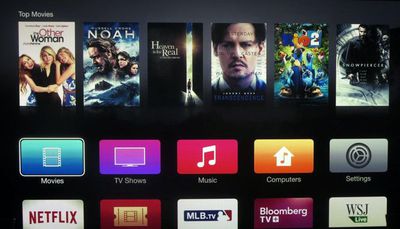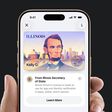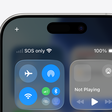According to Bloomberg, China's National Development and Reform Commission and the Ministry of Finance have prohibited government purchases of Apple hardware, citing security concerns as the reason for the ban.
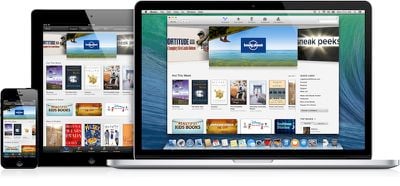
Ten Apple products were not included on a recent government procurement list from June that governs the spending of public funds, according to anonymous government officials who provided the information to Bloomberg. Products include the iPad, iPad Mini, MacBook Air and MacBook Pro.
Earlier procurement lists also banned antivirus software from Symantec and energy-efficient computers from Microsoft. Tension between China and companies in the US has been heightened following accusations of hacking and spying.
“When the government stops the procurement of products, it sends a signal to corporates and semi-government bodies,” said Mark Po, an analyst with UOB Kay Hian Ltd. in Hong Kong. “The Chinese government wants to make sure that overseas companies shouldn’t have too much influence in China.”
The reason for Apple's omission from the list of approved hardware is apparently being debated, however, with Caixin reporting [Google Translate] stating that Apple simplify failed to qualify for a semi-annual update to the list of approved vendors of energy-efficient devices. The report speculates that a miscommunication may have resulted in Apple failing to submit the required information for inclusion on the list.
Apple has a growing presence in China, with 26 percent revenue growth reported in Q3 2014 due to increases in iPhone, iPad and Mac sales. Apple recently opened its eleventh retail store in China and has made a concerted push to attract Chinese developers to the iOS App Store. Apple currently is the fifth largest smartphone vendor in the country, accounting for 7% of market share.
Note: Due to the political nature of the discussion regarding this topic, the discussion thread is located in our Politics, Religion, Social Issues forum. All forum members and site visitors are welcome to read and follow the thread, but posting is limited to forum members with at least 100 posts.


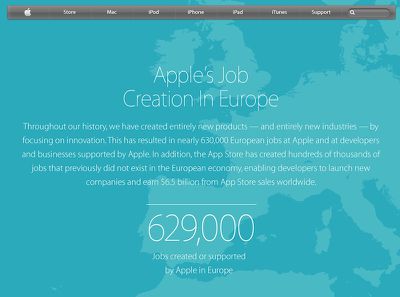
 Last month,
Last month, 
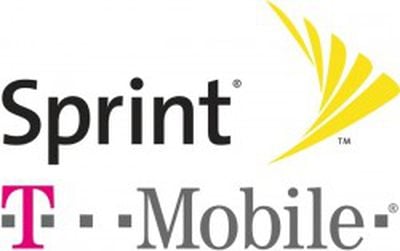 Sprint is abandoning plans to purchase T-Mobile US, reports
Sprint is abandoning plans to purchase T-Mobile US, reports 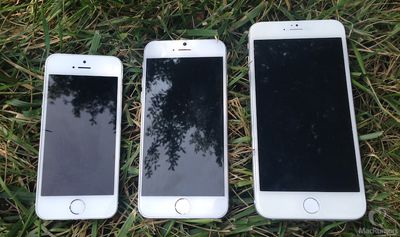
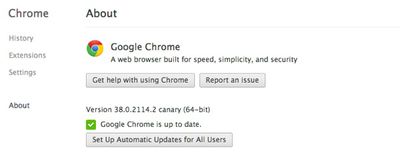
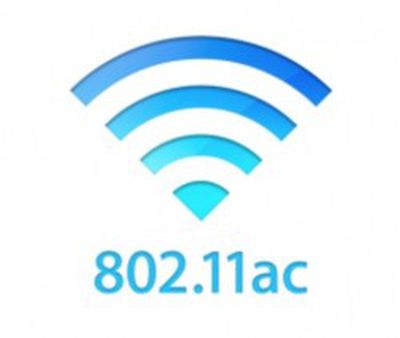 In a
In a 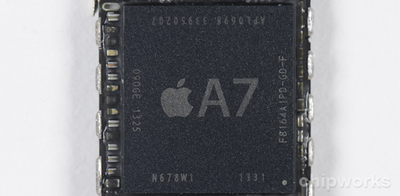
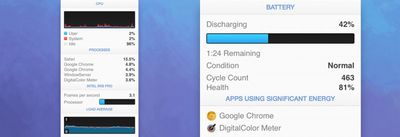
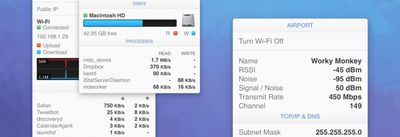
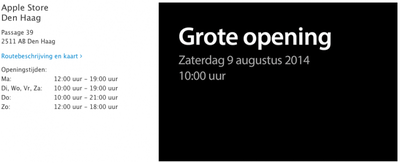
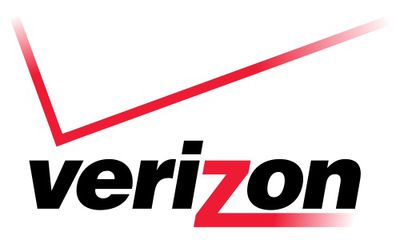
 The United States Department of Transportation has plans to pursue a ban on in-flight phone calls, reports
The United States Department of Transportation has plans to pursue a ban on in-flight phone calls, reports 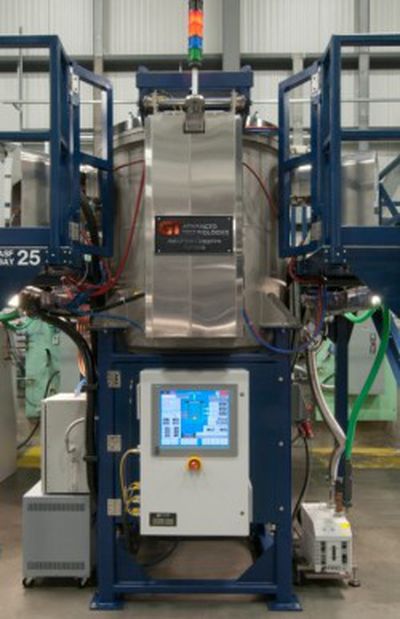 Apple's sapphire partner GT Advanced Technologies today
Apple's sapphire partner GT Advanced Technologies today 